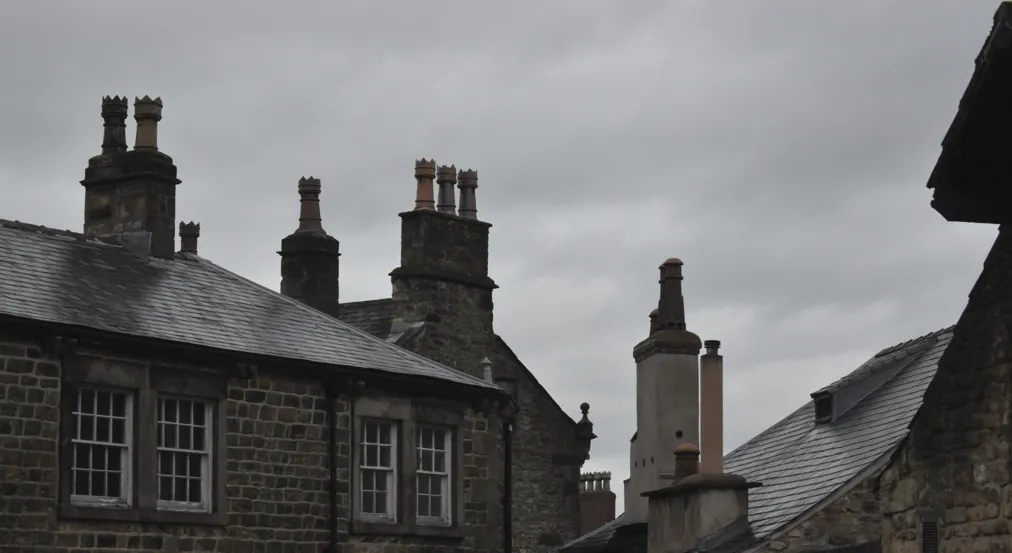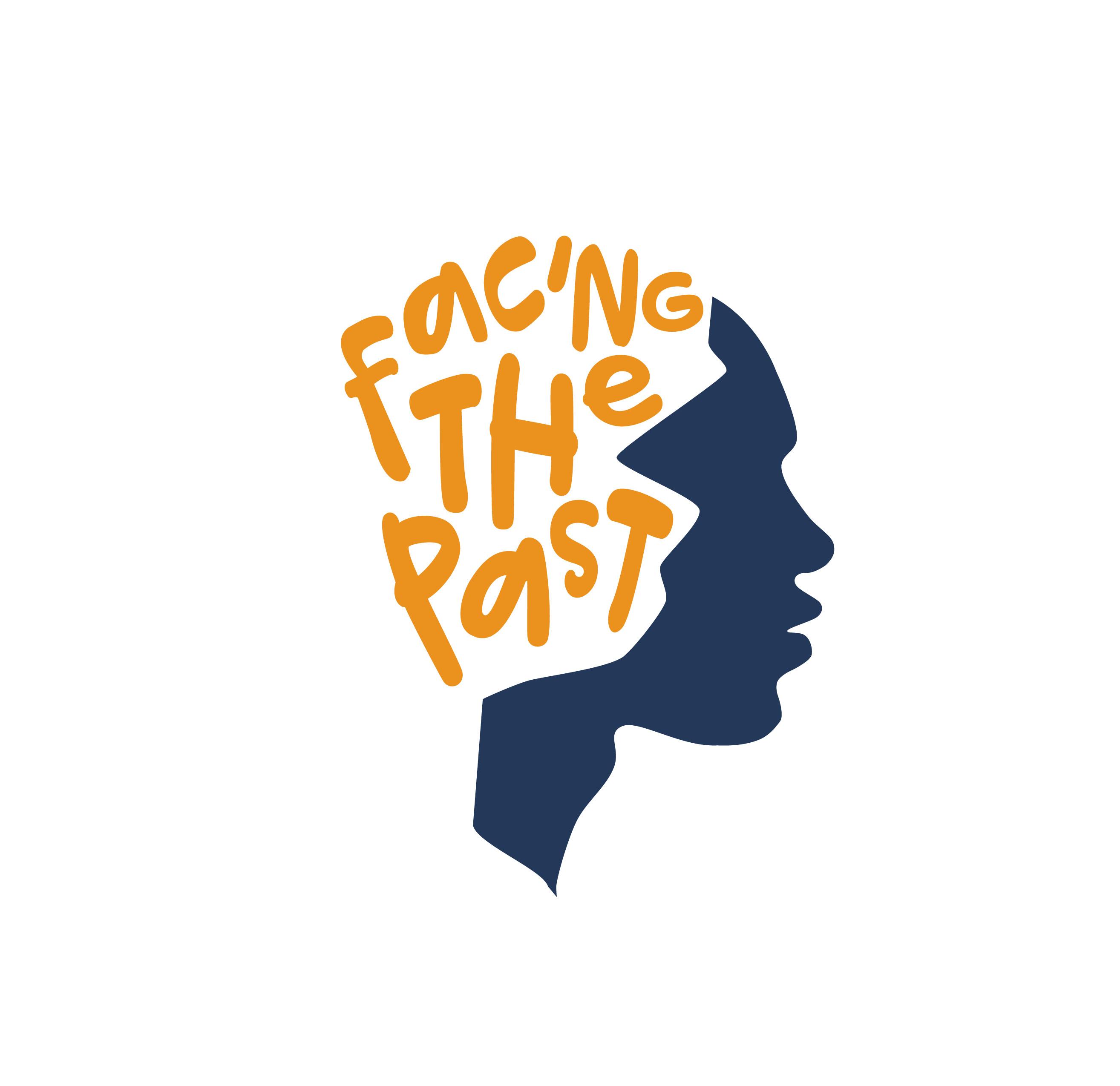
I felt honoured back in the Autumn of 2020 to have been asked to participate as part of the ‘Priory Memorial Commissioning Group’ in the measured response to a local reaction, during the early days of ‘Black Lives Matter’. Th group initially sought to produce some kind of ‘memorial’ that better reflected the significant involvement of Lancaster in the past in the trans-Atlantic slave trade, and that also recognised the ongoing legacy of that trade in the streets and open spaces, public buildings and private homes of the city – its inception followed graffiti found in the Priory churchyard on a memorial to a known slave trader.
As a local member of the ‘Stand Up to Racism’ group and Secretary of the newly formed National Education Union (following the recent merger of the ATL and NUT) and involved too in the local Trades’ Union Council it was perhaps thought that I might be both interested and able to contribute to the work that was felt needed.
It was soon realised that, in line with the maxim ‘nothing about us, without us’, the current residents of the district should be much more involved in what the response should be, rather than merely a committee of ‘good souls’ deciding what was best for all.
That felt instinctively right to me from the outset, as an educator. Though having retired from teaching secondary school science a while back, my union work has kept me still intimately involved in the minutiae of the struggles of teachers, of schools and of students to do the best that they can for each other and the communities of which they are a part. Learning about where we have come from and why we are where we are, and what lessons that has for where we want to go next and how to get there are fundamental to the process of ‘education’. Not just as a description of a ‘the lesson plan’, but as how all learning can happen. It’s why have “Knowledge is Power” emblazoned on our District banner.
Though I taught science, it’s likely that there isn’t a subject area at any age of teaching and learning that could not benefit from the ‘scientific method’ being applied. Having some ideas about what is ‘true’, devising methods to gather and look carefully at all the available evidence, building new models of understanding, even if some do not fit our current well-worn patterns and sharing these each other are all applicable steps to improving our understanding of the world around us.
So it was almost inevitable, perhaps, that as we looked at Lancaster’s history and asked local residents, including children, what they knew already and then gathered the wealth of information - scattered across the city, some forgotten in time, some hidden in attics and some for all to see but ignored - and started to collate the words and pictures and thoughts into a more cohesive description new understandings grew.
Yes, some of these were uncomfortable, to say the least – and should remain so. Removing, preserving and keeping the hand of a slave as a ‘souvenir’ should never be seen as an acceptable behaviour, and possibly never was.
But many have been inspirational. The new art that has been produced by so many, both professionals and amateurs, established artists and fresh-faced children has opened the eyes of all who have produced and viewed the works. The new walks around the city, both live and online in our new digital map, will open even more eyes to those who want to see.
In our schools, the work undertaken by teachers to produce new teaching materials will be a permanent legacy, useable by all.
There are many ‘movements’ active in promoting anti-racism work – and they probably will all need to continue their efforts to work against racist attitudes. So do get involved in them yourselves. But the work that we have been involved in through ‘Facing The Past’ has itself produced a richer city, a richer people based on a richer – and fairer – understanding of our place here.
Is knowledge power? Once we have faced the past, we can then better face the future.
Sam Ud-din

